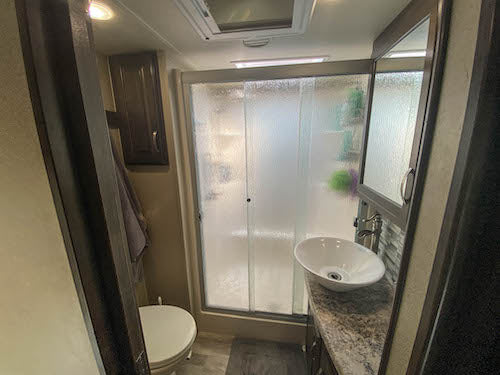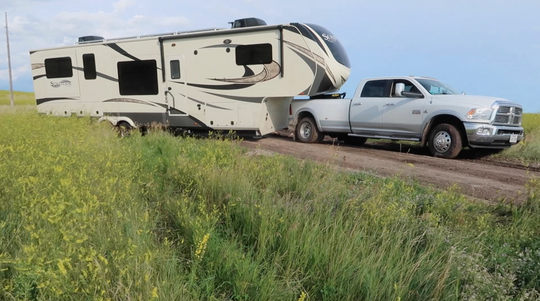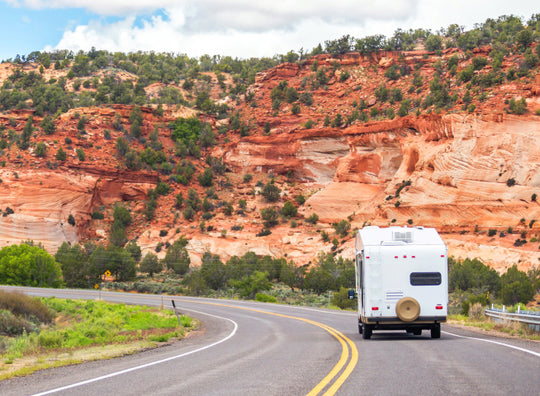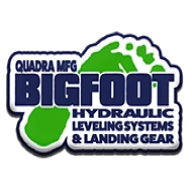Article Content
Written by the Getaway Couple Rae & Jason
One of the great luxuries of camping in an RV is the beauty of having a nice hot shower. But when trouble strikes your RV water heater, your luxurious camping experience just got a lot colder. Sure, you could shower at the campground bathhouse (if there is one), but who knows how clean the showers are. Not to mention the chilly walk back to your rig afterward.
If you find yourself in this situation, here is everything you need to know about RV water heater troubleshooting. Even if you aren’t a handyperson, there are plenty of simple fixes for when your RV water heater stops working. Here are some common problems and solutions you could try.
No Hot Water from RV Water Heater
If you have water but it isn’t hot, here are a few possible fixes. First, double check the water supply valves to the water heater. It is possible your water heater is being bypassed. When winterizing your RV, you often need to bypass the water heater. You may have forgotten to turn the supply valve back after. Or if you went from filling your freshwater tank to a city water connection, you could bypass your water heater this way too. Personally, we may have made this mistake a few times.
If that doesn't work, check the propane or electric (depending on which your RV uses). If you ran out of propane or you blew a fuse on your electricity, your water won't be hot. Make sure you have full propane tanks and all of your fuses/breakers are in working order.

Noisy RV Water Heater Operation
If your water heater appears to be working but is really noisy, an improper mix of propane and air may be the cause. If this is the case, you may need to adjust the airflow. This problem is a little more involved, so we would recommend consulting a professional to check it out and repair it.
Propane Won’t Light
Another common problem you can easily troubleshoot is if your propane won’t light. This is likely because of one of two reasons. You may not have propane or your propane could be off. Check your propane levels and fill up if it is running low. Another potential solution is to check the burner nozzle for clogs. Sometimes insects or dirt can get into the supply tube and prevent proper function. A quick clean can solve the problem!
Foul Odor in Hot Water
Smelly hot water is nothing to laugh about. The worst part is, if you have an odor, it probably smells like rotten eggs. Not how you want to come out smelling after a shower. If your hot water has a foul odor, you need to clean your hot water tank or possibly your freshwater tank. Water can get stale after sitting for an extended period in your tanks.
To clean your water heater tank, drain and flush the tank after the water has cooled. You can sanitize the tank with vinegar to clean off build up and get rid of the smell. If you have the time, it’s best to let the solution sit overnight and then rinse it in the morning. After that, fill your hot water tank as normal. Here is our video on how we cleaned our hot water tank.

Low Hot Water Pressure
Having low water pressure is another common RV water heater problem that can be quite obnoxious. If this is your problem, there are a few ways to troubleshoot. First, check the water pump to see if it is working properly. Next check for mineral deposits inside the screens of your faucets. Minerals can build up over time and lead to slower water flow. If this is your problem, soak the screens in warm vinegar to break minerals down.
If neither of those seems to be the culprit, make sure the bypass valves are open. Last, check your RV water heater check valve. A faulty check valve is a common cause of low hot water pressure. The check valve prevents backflow of water, but if it is not working as it should, it will slow the flow instead. If this is your problem, you’ll need to replace the water heater check valve.

Soot Buildup On RV Exterior
A final problem you may come across during RV water heater troubleshooting is soot buildup on the outside of your RV. Here’s what you can do. First, check the orifice for blockages. Then check the burner for blockages or dirt. Finally, check the exhaust grill.
While you may be able to clean some of these and restore function yourself, you might need a professional to inspect and repair this problem. There are other reasons for soot, and it is best to make sure everything is running right.
RV Water Heater Maintenance Can Prevent Common Problems
As with anything that you use regularly, ongoing maintenance can help prevent problems. Maintaining your water heater is easier and less costly than repairing it, especially if you have to hire a professional.
Before performing any maintenance on your water heater, ensure you turn off electric and/or propane power sources. This will help keep you safe while you’re working! Here are some examples of regular maintenance for your water heater:
- Flushing the water heater at least annually and preferably twice a year.
- Check the electric heating element to make sure there is no hard water build-up.
- Regularly clear the external vent of any debris or sediment build-up.
- Change your anode rod at least once a year.
- Properly winterize your RV.

Conclusion
Winding down with a hot shower at the end of a long day is great. But not if you’re having problems with your RV water heater. While problems can arise, there are some simple fixes you can take. In other cases, you may need to hire a professional. We hope this RV water heater troubleshooting guide helped you determine what you can tackle yourself and when to look for outside help!

